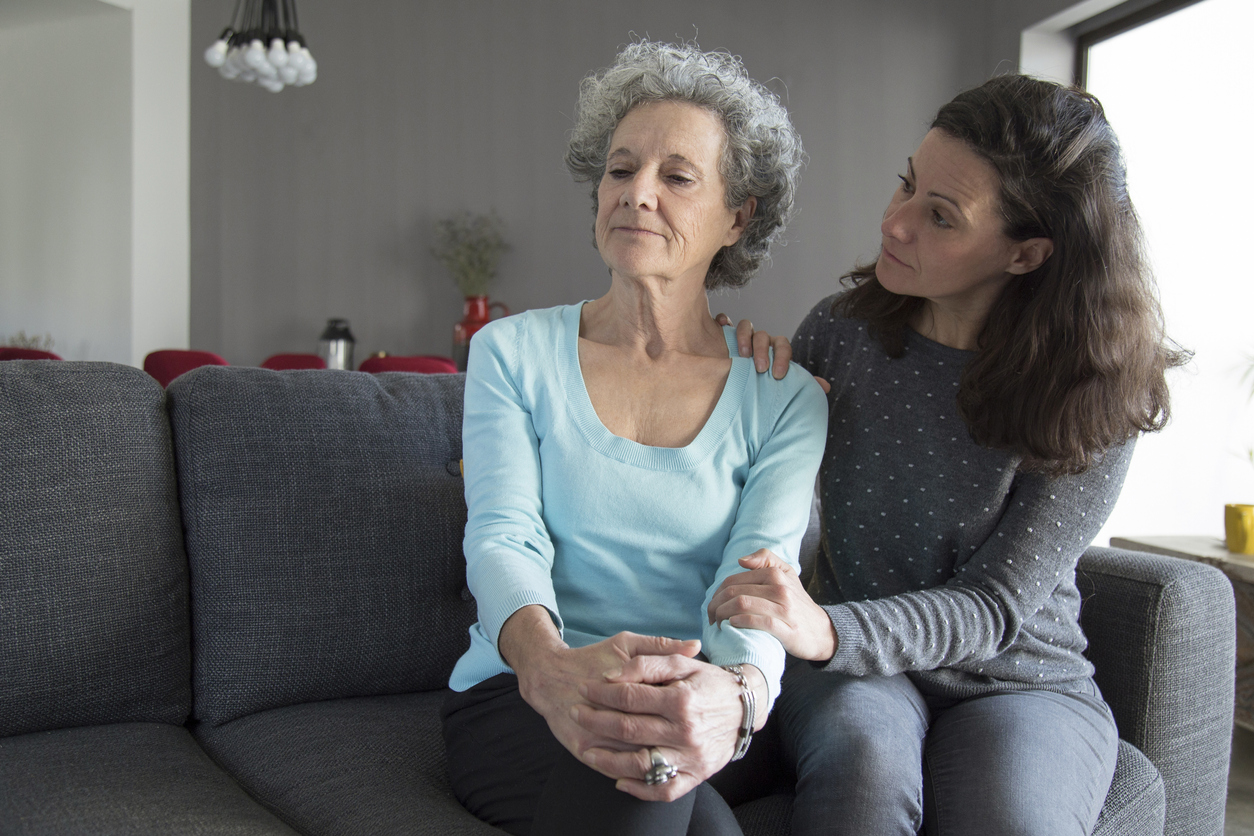Your feelings after cancer treatment
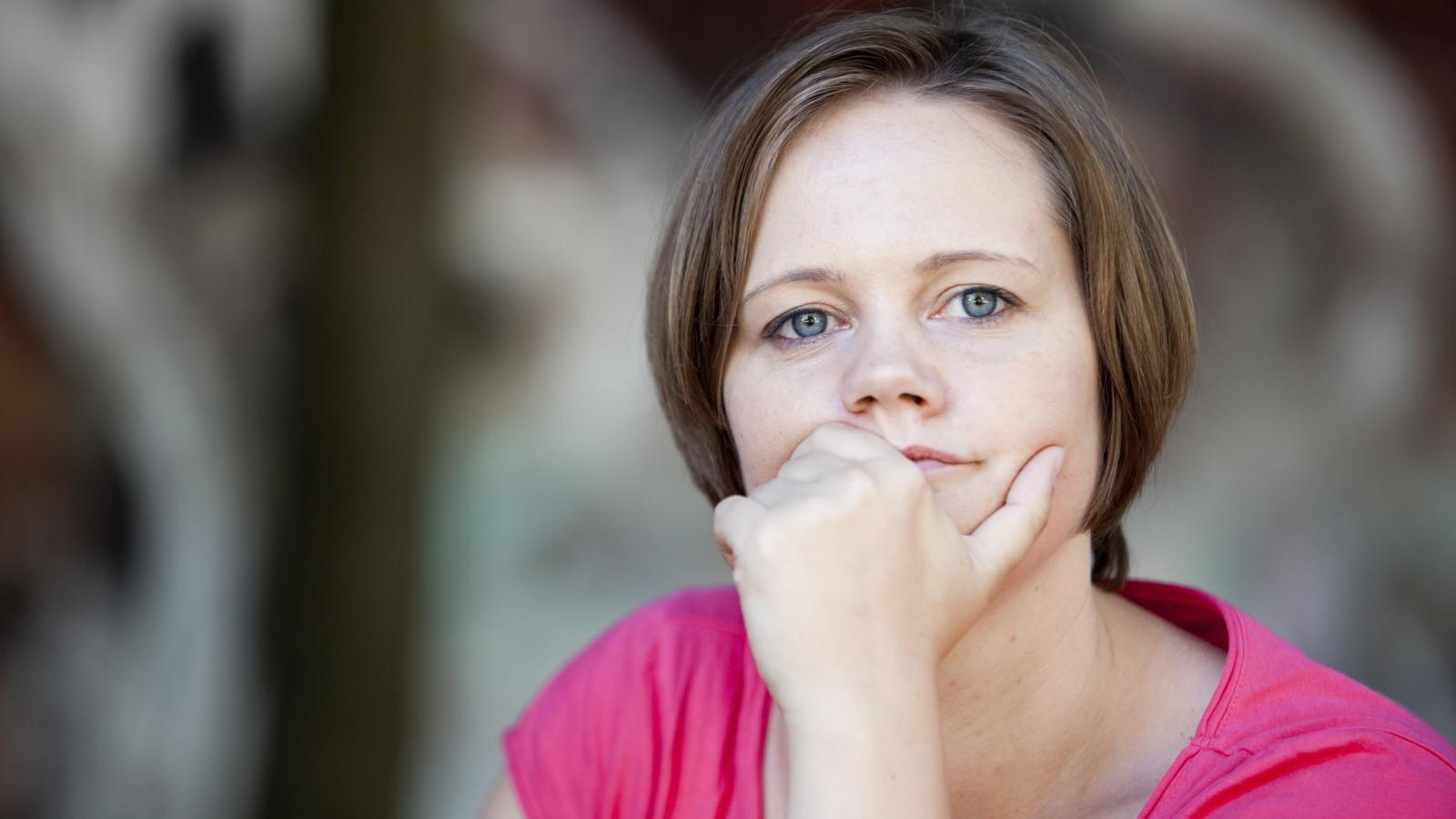
It isn’t unusual to feel quite low and lost after your treatment has ended, especially during the first few months. Or feelings you bottled up during treatment may hit you afterwards – sometimes months or years afterwards.
It’s normal to feel:
- Afraid of cancer coming back, worrying about every small symptom
- Lonely without the company and support of your medical team and fellow patients
- Stressed at having to deal with things that may have been on hold during your treatment, such as your finances, going back to work and family issues
- Isolated or guilty if your family and friends don’t understand your feelings or expect you to get back to normal before you’re ready
- Angry about what has happened and the effect on you and your loved ones
- Depressed or sad
Remember that healing your mind is also part of recovering from cancer. This may take some time.
Fear of cancer coming back
It’s natural to be afraid the cancer will come back. You might worry about every ache or pain. In time, your fears will fade, though they may never go away completely.
What can I do to help myself?
Being well informed and knowing where to go for help and support can help you cope better with your fears.
Learn about your cancer and the possible late and long-term side-effects you may have. Read our section on side-effects after cancer treatment.
- Know what symptoms to watch out for.
- Communicate with your oncology team and know who to call if you if you have any questions about symptoms or treatment side-effects.
- Take care of your body and stay healthy. Read our section on healthy lifestyle changes.
- Go to all of your follow-up appointments.
- Try techniques to help you relax. For example visualisation or meditation can help to reduce anxiety.
- Talk about your concerns with your friends, family, other cancer survivors or your doctor. If you are not comfortable talking about your fears, try writing your thoughts down in a diary.
Loneliness
It can feel like you are on your own after treatment ends because you get less attention and support from your doctors and nurses. It’s also normal to feel cut off from other people after cancer treatment. Often, friends and family want to help, but they may not understand how you’re feeling or how best to help.
What can I do to help myself?
Try to find other sources of support to replace the emotional support you received from your doctors and nurses:
Local cancer support centres
Your local cancer support centre can be a great way to meet other people who understand what you’re going through. They have social activities and often run classes like exercise and relaxation classes.
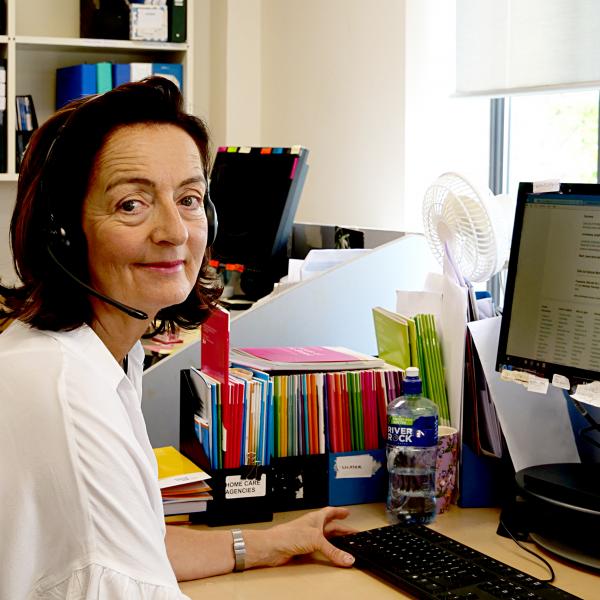
Our cancer nurses
Call our Support Line or visit a Daffodil Centre to talk to a cancer nurse if you need information, advice or just want to talk. You can also email us on supportline@irishcancer.ie.
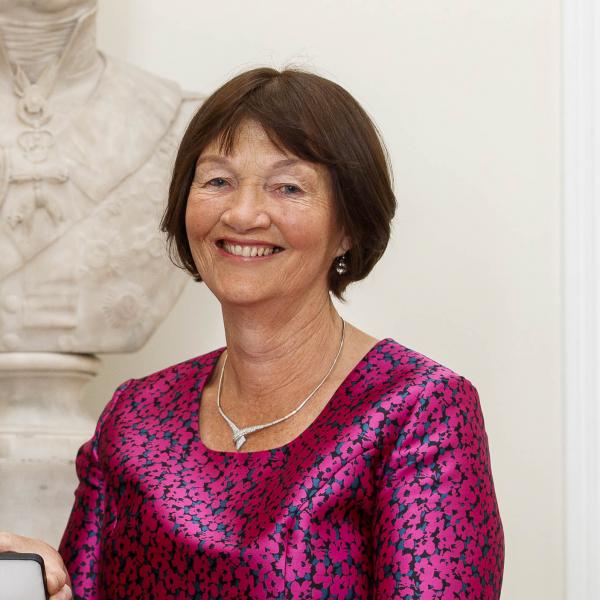
Peer Support
We can put you in touch with a volunteer who has been through a cancer diagnosis. They are trained to give emotional and practical support to anyone going through or finished with their treatment. Learn more about our Peer Support programme.
Read more ways to get emotional support.
Stress
You may have put worries such as finances, work and family issues to one side during treatment. Now that treatment is over, you may feel overwhelmed by all you have to do.
What can I do to help myself?
- Do things at your own pace. You don’t have to sort everything out at once. It is important to be patient and kind with yourself.
- Write a list. Knowing all the things that need to be done can help you to feel less stressed and can help you to see if you can find people to help you with them.
- Take exercise. Being physically active is a great way to reduce stress and can also improve the side-effects of treatment and prevent long-term side-effects. For more information read our section on staying healthy after cancer.
- Release tension. Sometimes releasing tension even for a few minutes can help. Some ways to release emotions include:
- A good scream
- Thumping a cushion or pillow
- Turning music up very loud
- Having a good cry
- Writing things down
Don’t worry about what your neighbours will think or say. None of these actions will do anyone any harm. But they may leave you feeling much better.
Find ways to relax
Relaxation techniques such as mindfulness, visualisation or meditation can help to ease your fears and anxieties. Your local cancer support centre may have classes where you can learn these and other relaxation techniques.
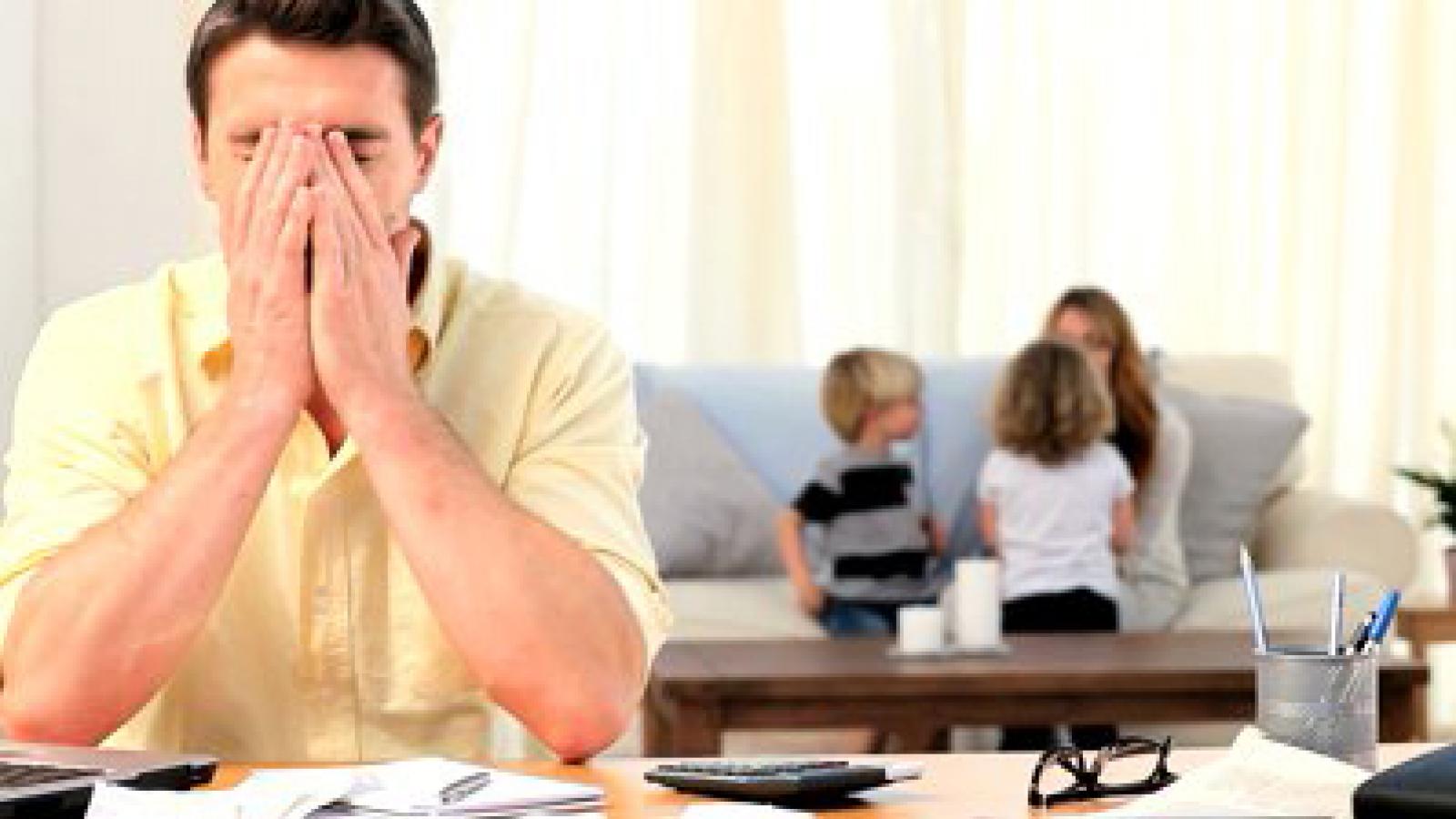
When family don’t understand
After treatment ends, your family and friends may not be prepared for the fact that recovery takes time. They might expect you to be back to ‘normal’ much faster than you feel you can be. In fact, you may end up with a new 'normal', which is not the same as before.
It can be hard to let them know that you still need their help and support.
You may also feel guilty about what your family and friends have been through because of your illness. But you cannot let this get in the way of your needs.
What can I do to help myself and those close to me?
The main thing to remember is that being honest with those close to you really helps. Let your family and friends know that you understand it’s hard for them too.
Tell them that you appreciate all they have already done to help you. But you still need their support. As you build your ‘new’ life with those close to you, things are likely to become easier.
Anger
You may find yourself feeling angry about having cancer or about things that happened to you during your diagnosis or treatment. You may also feel angry as you adjust to life after treatment and find that it is not as you had expected.
What can I do to help myself?
You may be able to use some of the energy from your anger to your benefit. For example, your anger may help you to become clearer about what you want and don’t want in your life.
Anger may motivate you to take action. But when you bottle anger up, it can get in the way of you taking care of yourself and moving on.
Start by simply telling yourself and those closest to you that you are angry. Just saying the words ‘I am angry’ can be a relief.
If you are holding in your feelings because there is no one you feel you can talk to, you may find it helpful to have some counselling. Or call one of our cancer nurses on 1800 200 700.
Depression and sadness
It is natural to feel some sadness during and after your illness. You may feel low and not your usual self. If nothing cheers you up and you are feeling low for several weeks, it may be a sign that you are depressed.
Depression can develop slowly or come on suddenly. Depression is more than just feeling sad. It is a significant medical condition that affects thoughts, feelings, and the ability to function in everyday life. It can occur at any time and is more common than you might think.
What can I do to help myself?
It is important to remember that depression can be successfully treated. Talk to your GP (family doctor) about your anxiety, low moods or strong emotions. Tell the doctor exactly how you feel and focus on what concerns you the most.
For example, if you have no desire to get out of bed and wash every day. The doctor will decide what kind of therapy you need and give you advice. If you are unhappy with your diagnosis or the treatment your doctor has advised, you can always get a second opinion.
Read more about depression and ways to cope.
Tips and hints: Expressing your feelings
- Acknowledge any strong emotions. For example, if you feel angry or very sad.
- Describe your feelings rather than simply displaying them.
- Don’t feel guilty or ‘wrong’ about the way you feel – these feelings are normal.
- It’s okay to admit that you are uncertain about the future.
- Don’t force yourself to speak when you don’t want to. You may just want to hold someone’s hand or get a hug.
- Everybody has some regrets. Regrets are reduced when they are shared.
- It’s good to cry.
Sometimes your emotions may be too strong to cope with by yourself. Nothing you do or say may seem to improve how you feel.
If your emotions prevent you from carrying out normal activities, such as eating or sleeping, or affect the quality of your life, you should ask for help. Don’t feel that your emotions are trivial or less important than your physical symptoms.
Above all, don’t feel guilty or disappointed if you have to ask for help.
For more information
Phone
1800 200 700
